Green jobs: paving the way to a sustainable future
As our demand for sustainability grows, so does the need for ‘green champions’ – the people and the skills we need to deliver those necessary changes.


E.ON
02/08/23
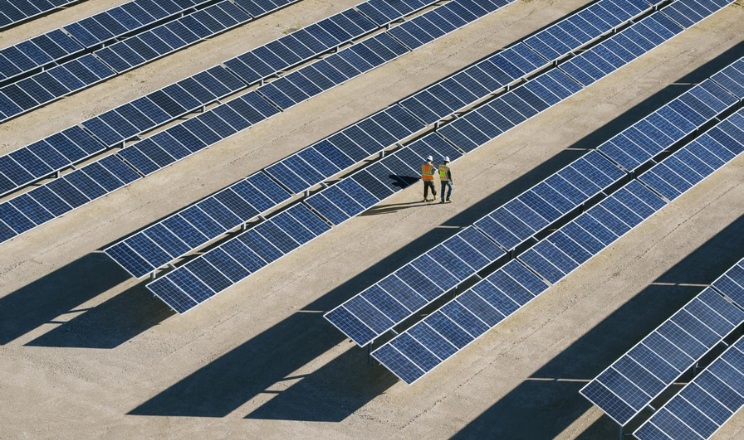
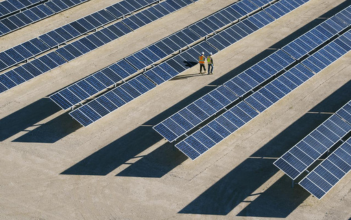
What are green jobs?


What green industries are in the UK?
.jpg)
.jpg)
New green jobs
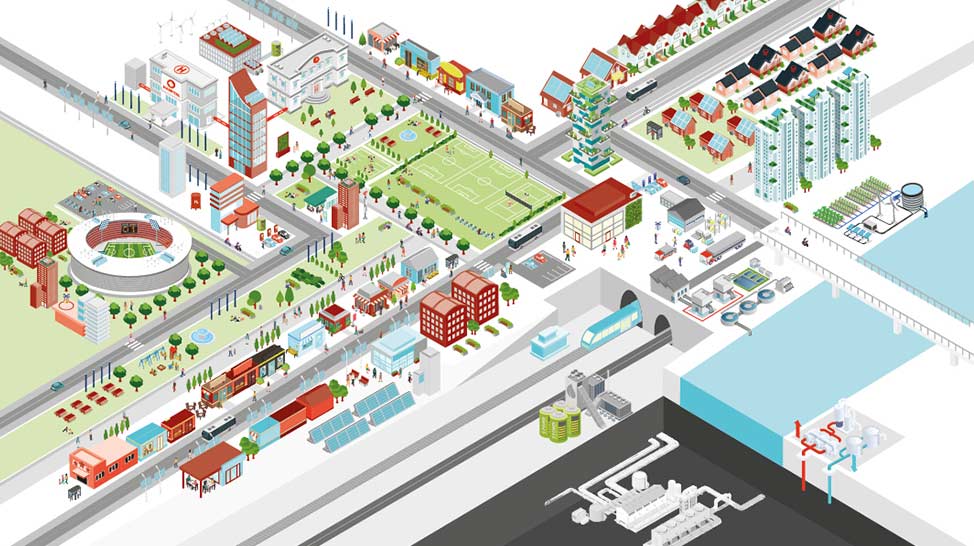
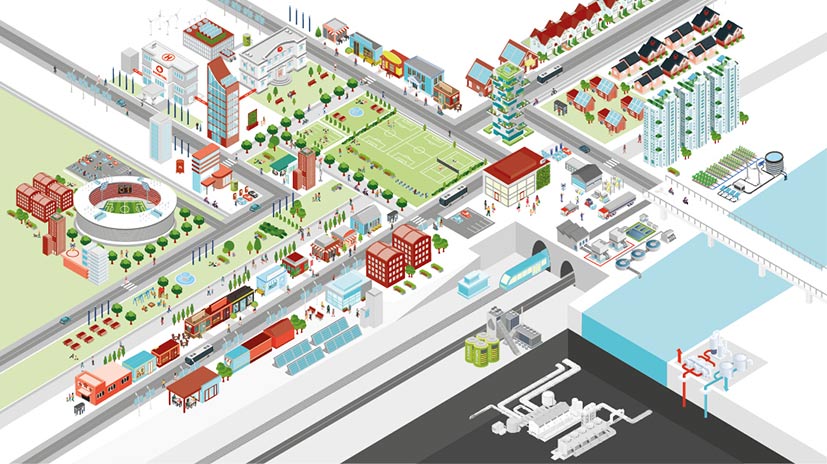
Streets of the Future – a view of how our cleaner, greener cities could look
What green skills are in demand?


What is the future of green jobs?
Read our other blogs
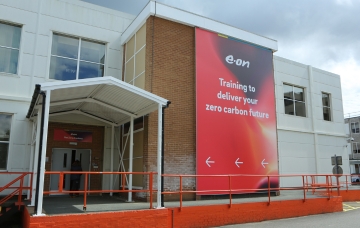
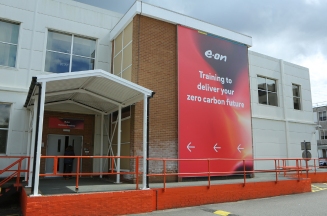
15 August 2023
Blog post
Shaping future engineers at our net zero academy
Kingswinford, in the heart of England, plays host to E.ON’s new sustainable training academy. Here, we’re upskilling our colleagues in cleaner, greener energy solutions.


08 August 2023
Blog post
Transforming office spaces with cleaner, greener energy
From large corporations to small enterprises, office spaces are emerging as a crucial focal point in the quest for sustainable solutions.


09 June 2023
Blog post
15 minute city: The future of sustainable energy for cities?
15 minute cities - designed to accommodate life’s necessities by having urban amenities within easy reach - could play a vital part in helping reduce carbon emissions and creating cleaner air in our most populated cities.